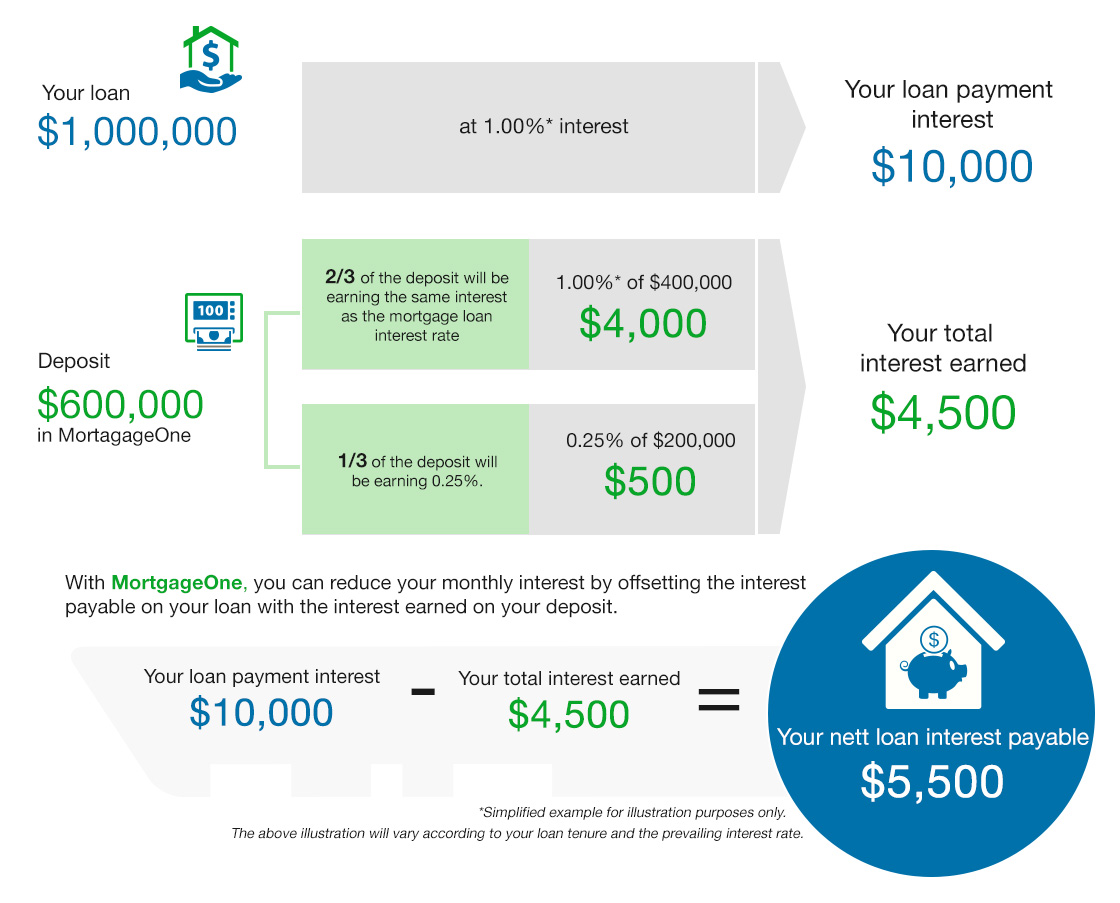Is Loan Income Taxable? Discover the Hidden Tax Implications of Borrowed Funds
Guide or Summary:Understanding Loan IncomeTypes of Loans and Their Tax ImplicationsExceptions to the RuleConsulting a Tax ProfessionalWhen it comes to perso……
Guide or Summary:
- Understanding Loan Income
- Types of Loans and Their Tax Implications
- Exceptions to the Rule
- Consulting a Tax Professional
When it comes to personal finances and tax obligations, understanding the nuances of income types is crucial. One question that often arises is, is loan income taxable? The answer may not be as straightforward as you think, and knowing the implications can help you navigate your financial landscape more effectively.
Understanding Loan Income
Firstly, let's clarify what we mean by "loan income." When you receive a loan, whether it's from a bank, a friend, or any financial institution, the amount you borrow is not considered income in the traditional sense. Instead, it is a liability that you are obligated to repay. Therefore, the principal amount of the loan is generally not taxable.
However, the situation can become more complicated when it comes to the interest on the loan. If you are receiving interest payments from a loan you have issued to someone else, that interest can be considered taxable income. This distinction is critical in determining your tax obligations.

Types of Loans and Their Tax Implications
Different types of loans can have varying tax implications. For instance, personal loans, student loans, and mortgages each come with their own set of rules. Personal loans are typically not taxable, as mentioned earlier. However, if you are using the loan for investment purposes, the interest you pay may be tax-deductible.
Student loans also have specific tax benefits. While the loan itself is not taxable, you may qualify for deductions on the interest paid, depending on your income level and filing status. This can significantly reduce your taxable income, making it an attractive option for many borrowers.
On the other hand, mortgages come with unique tax advantages as well. Homeowners can often deduct mortgage interest from their taxable income, making home loans a more favorable financial decision in the long run.

Exceptions to the Rule
While the general rule is that loan income is not taxable, there are exceptions. If a loan is forgiven or canceled, the amount forgiven may be considered taxable income. This is particularly relevant in cases of student loan forgiveness programs or debt relief situations. Understanding these exceptions is vital for anyone who has taken out a loan.
Additionally, if you are involved in a business and receive loans that are not expected to be repaid, the IRS may consider these funds as income. This is a gray area and often requires professional advice to navigate correctly.
Consulting a Tax Professional
Given the complexities surrounding the question, is loan income taxable? it is advisable to consult a tax professional. They can provide tailored advice based on your specific financial situation and ensure you comply with all tax regulations. This can help you avoid costly mistakes and optimize your tax strategy.

In conclusion, while loans themselves are generally not taxable, the interest and specific circumstances surrounding them can create tax implications that you must consider. Understanding these nuances can empower you to make informed financial decisions and possibly save money on your taxes. Always stay informed and consult with professionals to navigate the intricate world of loans and taxes effectively.